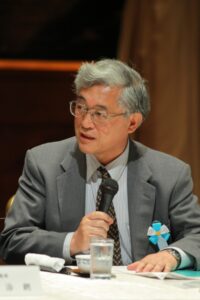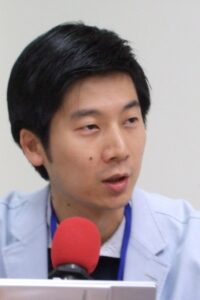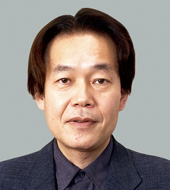
Steer policies by looking ten years ahead: I cannot help but regret that such opportune timing was abandoned. Prime Minister Abe Shinzo held a press conference on the evening of November 18 (2014) and postponed a hike in the consumption tax to 10% by a year and a half, along with asking for a decision by the people and calling for a dissolution of the lower house of parliament. I was frankly disappointed when I watched this press conference live on television. Although rumors of a dissolution had been circulating since around the end of October, I thought, “there is no way.” I was disappointed because Abe decided to choose a course that I had thought “should in no way happen.” I had various views about the Abe administration’s individual policies, but also had great expectations for them. This was because his administration ... ... [Read more]

